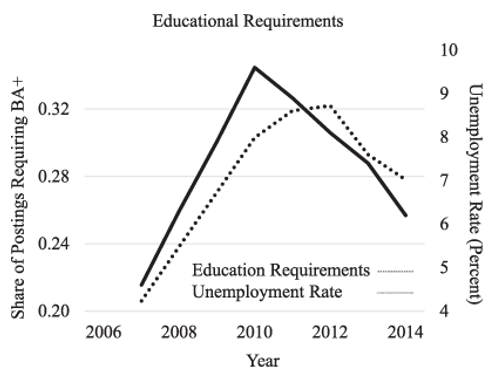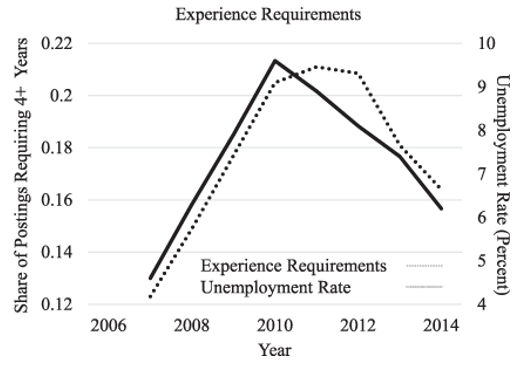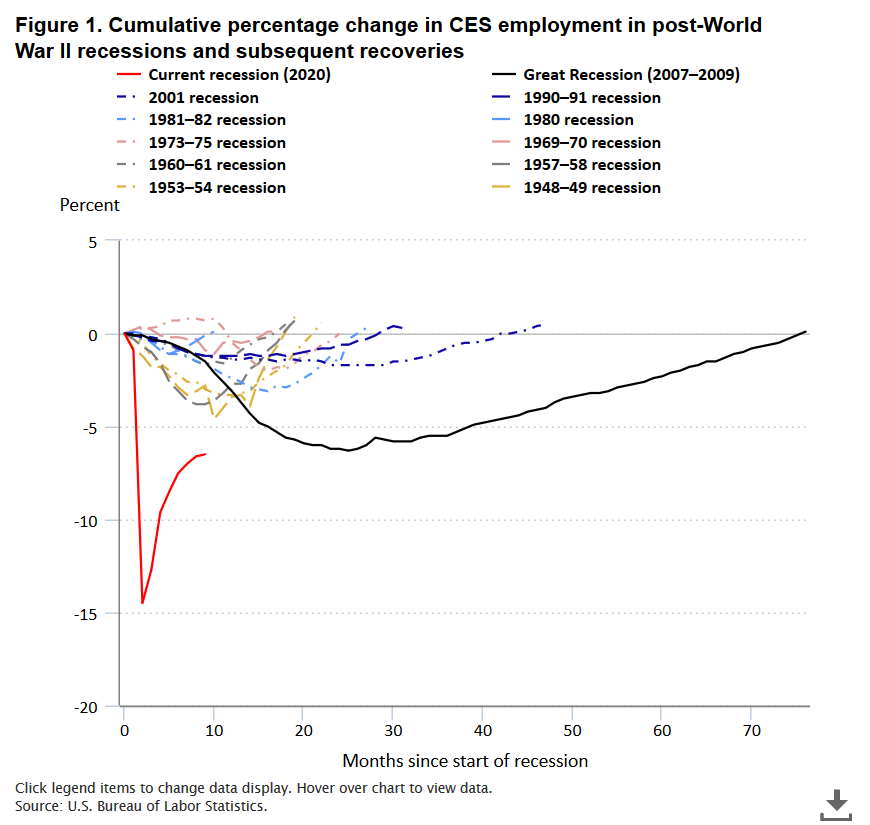
economist, writer, researcher, podcaster
@UTAustin @WIeconomics grad. https://t.co/BgMObHPlFJ https://t.co/VScVud82v9
How to get URL link on X (Twitter) App




 Bill brings the reaction to George Floyd's murder---and the assumptions and truths it brought many to question---directly to economists, asking them to similarly question assumptions and truths.
Bill brings the reaction to George Floyd's murder---and the assumptions and truths it brought many to question---directly to economists, asking them to similarly question assumptions and truths. 




 The data are from the BLS, which you can find here. I put it the monthly share of the total employed workers share (both not seasonally adjusted).
The data are from the BLS, which you can find here. I put it the monthly share of the total employed workers share (both not seasonally adjusted). 


 First, this is a rate, not a level. Over this time (1948-2022) the number of workers has grown with the population, to the 165 million we have today.
First, this is a rate, not a level. Over this time (1948-2022) the number of workers has grown with the population, to the 165 million we have today. 



https://twitter.com/keds_economist/status/1471151493218717701First: there's an idea that people in poverty are some kind of permanent underclass, a fixed set of people who are different from us.

 And up to the income phase-outs, the richer you were, the more likely you were to receive it.
And up to the income phase-outs, the richer you were, the more likely you were to receive it. 


 It shows the share of job postings that required a bachelor degree (left axis) and the unemployment rate (right axis). The same relationship holds for experience. Here's the share requiring four years or more:
It shows the share of job postings that required a bachelor degree (left axis) and the unemployment rate (right axis). The same relationship holds for experience. Here's the share requiring four years or more:

 I think this article provides answers to some of the biggest questions we've had about the labor market this recession. It couples an excellent round up of the existing research with data.
I think this article provides answers to some of the biggest questions we've had about the labor market this recession. It couples an excellent round up of the existing research with data.